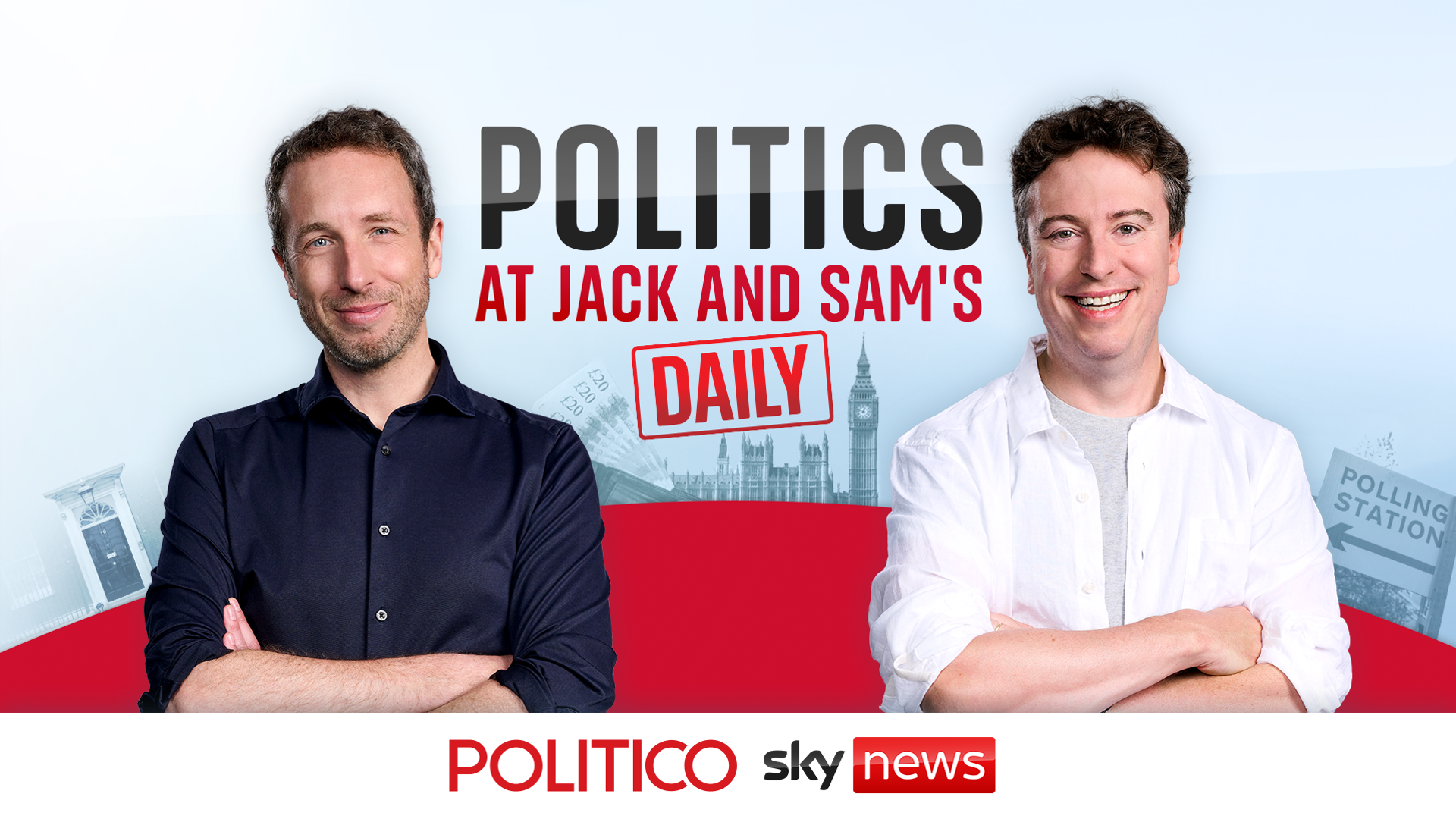
Donald Trump’s former White House chief of staff, retired Marine Gen. John F. Kelly , broke a long silence and denounced his former boss as a man who fits “the general definition of fascist.
” The conservative, normally taciturn Kelly was moved to speak out after Trump condemned former House Speaker Nancy Pelosi, Rep. Adam B. Schiff and other Democrats as “the enemy from within” and said he would deploy troops onto the nation’s streets to suppress opposition.
“Using the military on, to go after, American citizens is ...
a very, very bad thing,” Kelly told the New York Times. “Even to say it for political purposes to get elected, I think it’s a very, very bad thing.” Kelly wasn’t the only former Trump aide to warn that the GOP candidate shouldn’t be trusted with the nuclear codes.
Dozens of people who worked in senior positions in the Trump administration have chimed in. Gen. Mark A.
Milley , a former chairman of the Joint Chiefs of Staff, called him “fascist to the core ...
the most dangerous person to the country.” Former national security advisor John Bolton said he was “unfit to be president.” Trump “never accepted the fact that he wasn’t the most powerful man in the world — and by power, I mean an ability to do anything he wanted, any time he wanted,” Kelly said.
Did those warnings from authoritative sources — eminent figures Trump once appointed to high-ranking jobs — have any effect on his voters as election day approaches? Not as far as anyone can tell. Readers of this column won’t be surprised to learn that I agree wholeheartedly with Kelly, Milley, Bolton and their colleagues: Trump is a danger to our democracy. He neither understands nor respects the Constitution.
He yearns openly to rule the way China’s Xi Jinping and Russia’s Vladimir Putin do, as an autocrat answerable to no one. “He controls 1.4 billion people with an iron fist,” he said admiringly of Xi.
Trump revels in divisiveness and cruelty. And his economic “program,” which boils down to massive tariffs on imports plus unlimited drilling for oil and gas, would be disastrous. Why do millions of voters — many of them, as Trump might put it, very fine people — blow past the warnings of figures like Kelly, Milley and Bolton? Over the last year, I’ve listened to dozens of Trump voters describe their reasons for sticking with him.
Some, his hardcore base, agree with everything the former president says right down to the coarsest insults. Others admit to qualms about Trump’s style but say they support him because they hope he can bring back the low-inflation prosperity of his first two years in office. But a third group, which includes many independents as well as moderate Republicans, is the most perplexing.
Not only do they dislike Trump’s style, they worry about some of his positions: his desire to unravel Obamacare, his threats to deploy the military against domestic opponents, his indiscriminate tariffs, his plan to fire thousands of civil servants and replace them with MAGA loyalists. But many say they don’t think Trump would — or could — actually make those things happen. In a focus group last week organized for NBC News by the public opinion consulting firm Engagious, for example, an Atlanta home inspector named Kevin said he worried that Trump’s tariffs would make consumer prices go up.
“It’s a bad idea,” he said. “But I don’t think it’s going to really go anywhere. I think it’ll cost too much money.
It’ll be too difficult politically.” He’ll probably vote for Trump anyway, he said. Pollsters have called this Trump’s “believability gap.
” Voters hear what he says, but they discount it — they think that “he’s just talking” or that surely somebody will stop his more outlandish ideas. But there are two problems with those Trump voters’ self-comforting rationalizations. The first is that Trump already has a track record of trying to do most of those things.
He tried to repeal Obamacare , but a handful of moderate Republican senators got in his way. He issued an executive order that would have enabled him to replace civil servants with political appointees, but time ran out on his term before he could use it. And when demonstrators assembled across the street from the White House, he urged military officials to deploy troops and shoot protesters in the legs — but Gen.
Milley and Defense Secretary Mark Esper stopped him. “When he starts talking about using the military against people ..
. I think we should take that very seriously,” Olivia Troye, who served as an aide to Trump’s vice president, Mike Pence, told my colleague Noah Bierman recently. “He actually talked about shooting Americans.
I was there ...
I witnessed that.” The second problem with the “believability gap” is that if Trump gets back to the White House, he will be more likely to get his way. He has frequently complained that he made a mistake in his first term by appointing aides like Kelly, Milley and Bolton, who believed it was their duty to restrain the president’s ill-considered impulses.
If he gets a second term, he’ll surround himself with more people who will do his bidding without raising pesky questions. He’ll run into less opposition from other institutions too. Republicans in Congress, who occasionally restrained Trump when he was president, have purged most of the moderates from their ranks.
Sen. Mitt Romney of Utah is retiring. Sen.
Mitch McConnell of Kentucky, an occasional Trump critic, will no longer be his party’s leader in the Senate. Federal courts may be more hospitable, too, thanks to judges Trump appointed his first time around. So moderate Republicans and independents who are tempted to vote for Trump because they hope he will lower taxes or improve the economy should think long and hard about the risks of that bargain.
When Trump says he’ll order prosecutors to go after Joe Biden and “the Pelosis,” he means it. When Trump says he’ll punish businesses like Amazon if he doesn’t like their owners’ views, he means it. When Trump says he believes the Constitution gives him “the right to do whatever I want as president,” he means it.
And this time, he would know better how to turn his wishes into reality. A second Trump term wouldn’t be a benign rerun of the first version. As his former aides are trying their best to warn us, it would be far worse.
.














